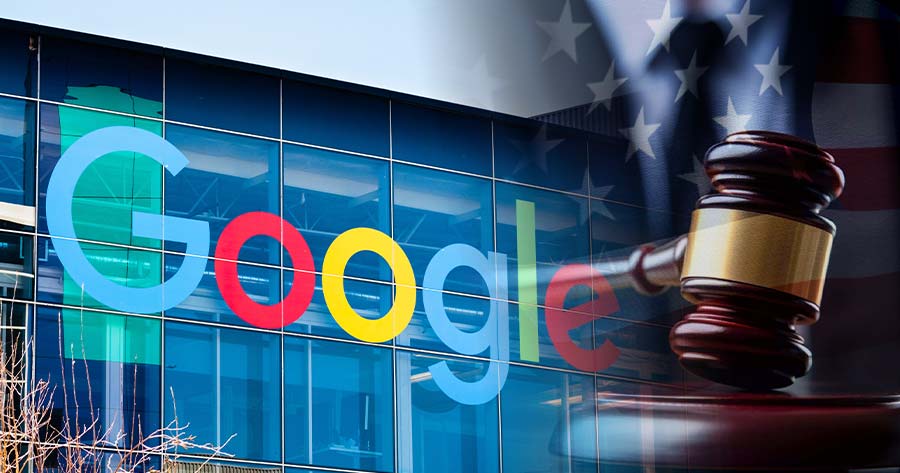In a court filing on Tuesday, the United States indicated that it is contemplating seeking a court order to compel Alphabet’s Google to sell off certain divisions of its business that have contributed to the tech giant’s maintenance of an unlawful monopoly in online search.
Authorities mentioned that potential remedies, including divestitures, are being considered in the high-profile case that could potentially revolutionize how Americans access information on the internet.
Following a judge’s ruling that Google, responsible for 90% of U.S. internet searches, had established an illegal monopoly, the Justice Department is expected to submit a detailed proposal to the court by November 20. Google will then have until December 20 to suggest its own proposed solutions.
The decision by U.S. District Judge Amit Mehta in Washington marks a significant victory for antitrust regulators who have pursued a series of aggressive legal actions against major tech companies over the past four years.
Google has expressed intentions to appeal the ruling, asserting that its search engine has garnered users based on its quality. The company cited robust competition from platforms like Amazon, where users conduct direct searches for products or services, and emphasized that users have the option to select alternative search engines as their default choice.
Notably, some Google competitors have advocated for a breakup of the tech giant.
For instance, Yelp, a reviews site that filed a lawsuit against Google concerning search matters in August, has suggested that separating Google’s Chrome browser and AI services should be a consideration. Additionally, Yelp advocates for Google to be restricted from favoring its own local business pages, which directly rival Yelp, in search results.
Adam Epstein, president and co-CEO of search advertising firm adMarketplace, noted that the potential directive for Google to divest certain business segments might be wielded as a means to enforce less extreme remedies.
Meanwhile, rival search engine DuckDuckGo has urged the court to mandate Google to license its search results to competitors, allowing them to enhance their own offerings.
Both Microsoft, operator of the Bing search engine, and Apple, a recipient of significant annual payments from Google, opted not to provide comments on the matter.





